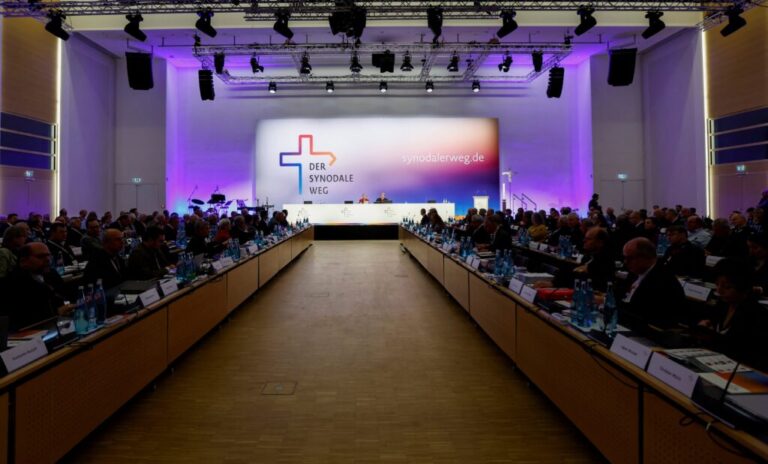
Breaking: Bishops and laypeople agree to continue German Synodal Path
Bishops and laypeople’s representatives in Germany have agreed to continue the Synodal Path reform project despite dissent among the bishops and warnings from the Vatican.

Bishops and laypeople’s representatives in Germany have agreed to continue the Synodal Path reform project despite dissent among the bishops and warnings from the Vatican.
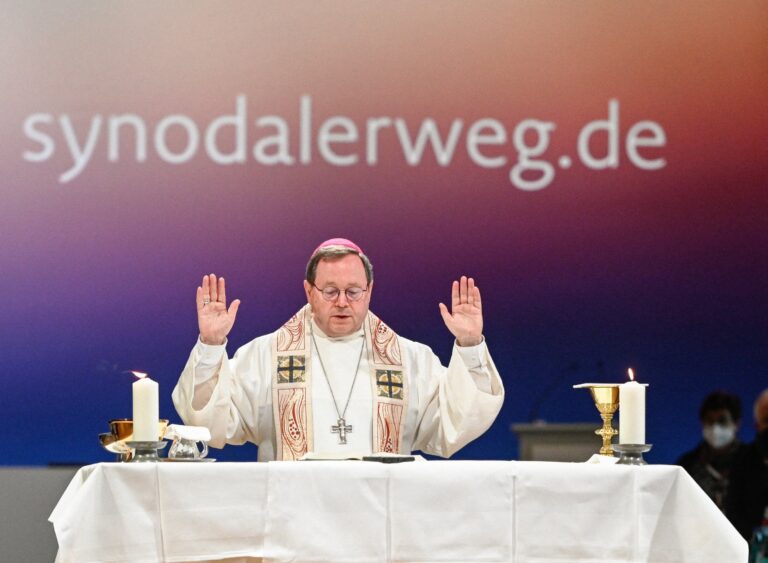
In the Catholic Church in Germany, church tax revenue amounted to 6.848 billion euros in 2022, thus reaching a new high. In 2021 it was 6.732 billion.

The theologian Thomas Soeding has reiterated his call for reforms in light of the wave of resignations from the Catholic Church in Germany.

The Catholic Church in Germany, shaken by the abuse scandal, is continuing to shrink with more than half a million people quitting it last year.
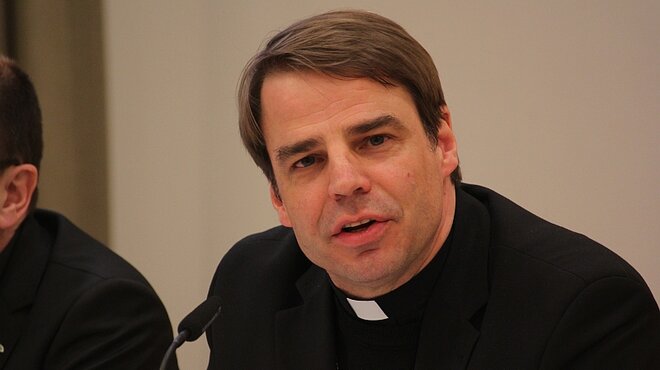
Bishop Stefan Oster from Passau in southern Germany has explained why he voted against the establishment of a reform committee and the release of financial resources.
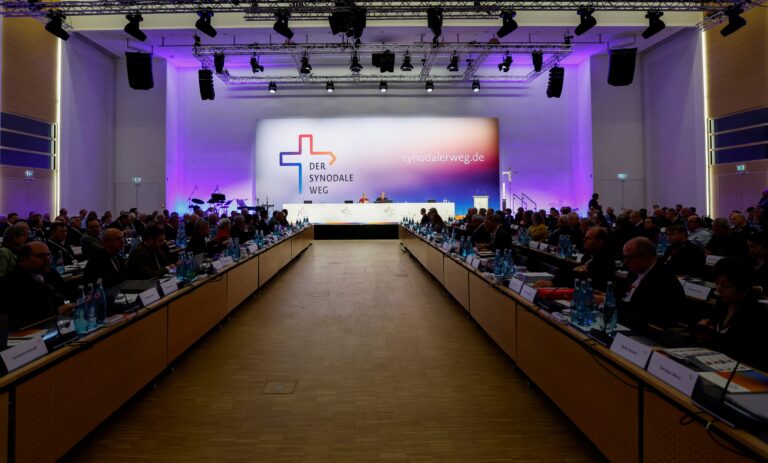
The bishops Gregor Maria Hanke (Eichstaett), Stefan Oster (Passau), Rudolf Voderholzer (Regensburg) and Cardinal Rainer Maria Woelki (Cologne) voted against the planned financing of the Committee through the Association of German Dioceses (VDD).
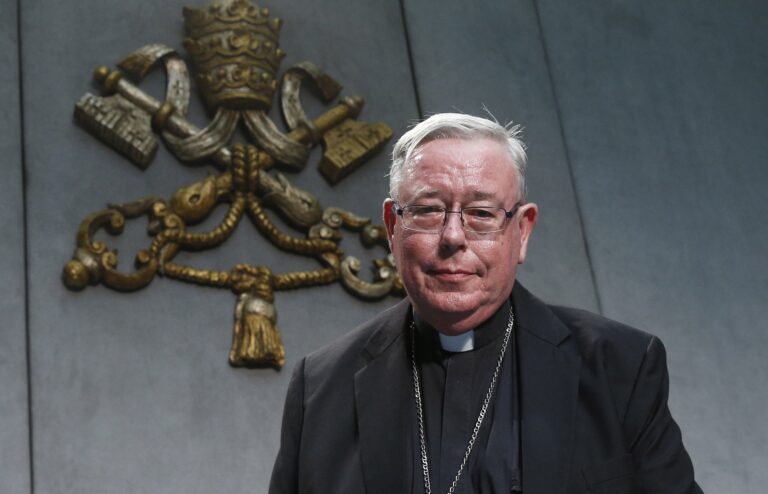
Cardinal Jean-Claude Hollerich: “The five working sheets of the instrumentum laboris take into consideration the diversity of persons as well as the diversity of social, cultural and religious contexts we have experienced during the Synodal Process”.
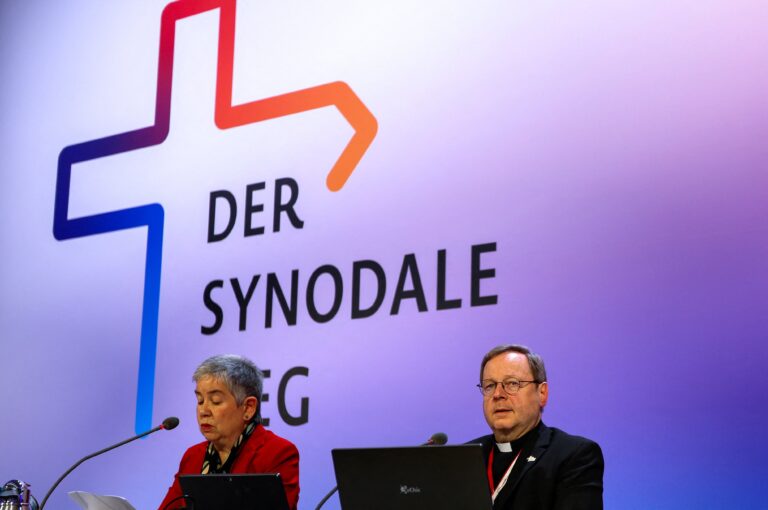
The Permanent Council of the German Bishops’ Conference is scheduled to convene on June 19 and 20 in Berlin. In the run-up to the meeting, there is speculation that the continuation of the Synodal Path reform process is at risk.

Catholics in Germany have been waiting for months for an answer from the Vatican to a request for talks about the Synodal Path reform project.

‘When Boney M sang their famous song based on Psalm 137, as a child I was completely unaware of it as a sad song, a slave’s song lamenting the conquest of Jerusalem in 586 BC and the subsequent exile of the Jews to captivity in Babylonia. It is a catchy tune and it became one of the all-time best-selling singles in the UK,’ writes Garry O’Sullivan.